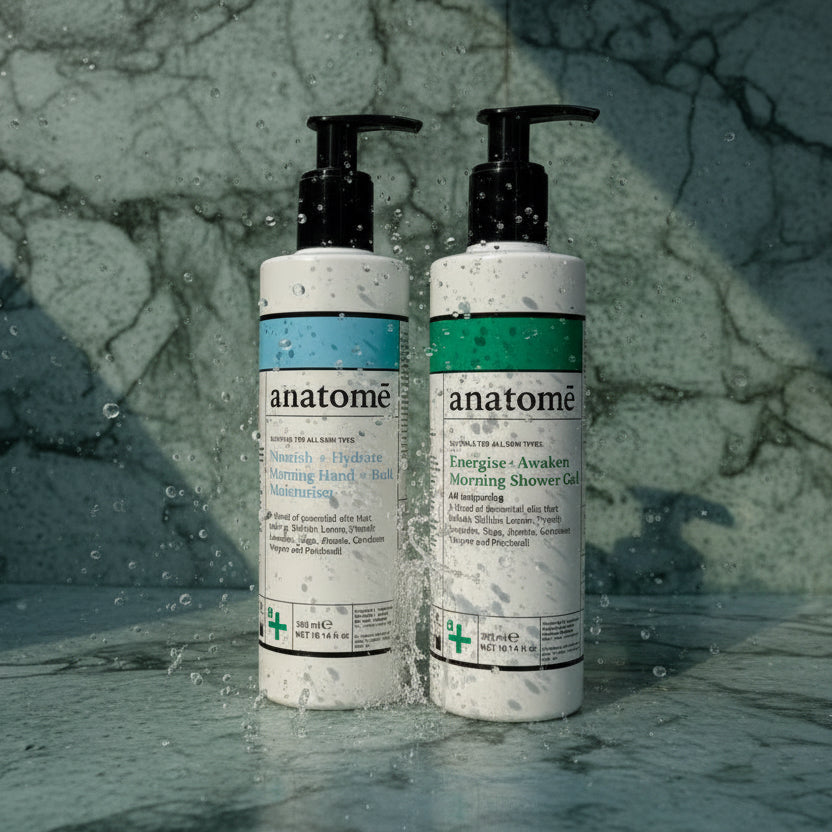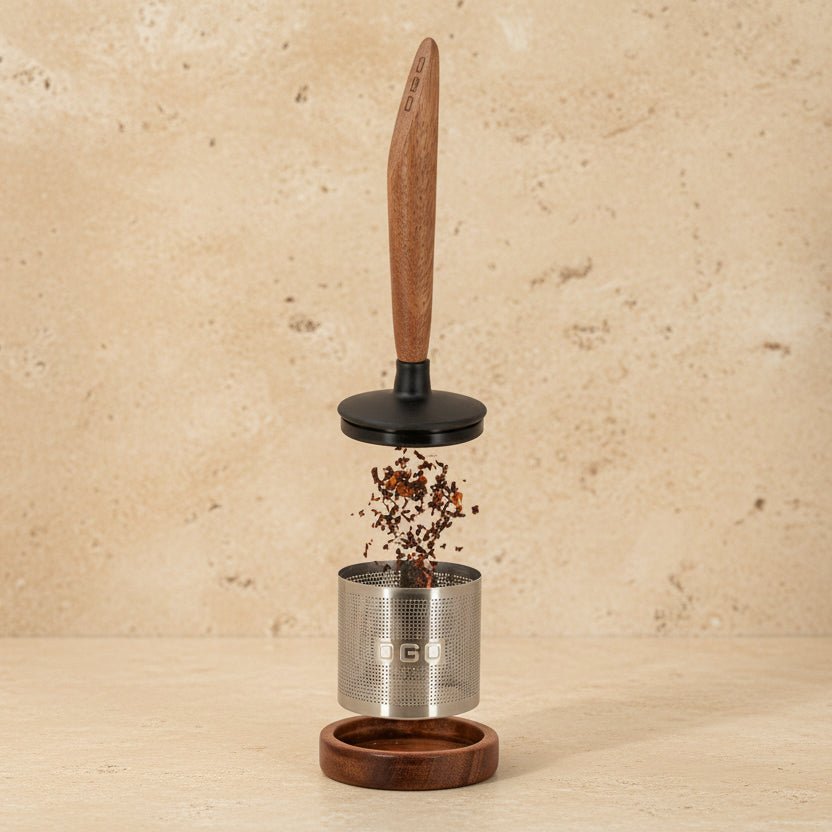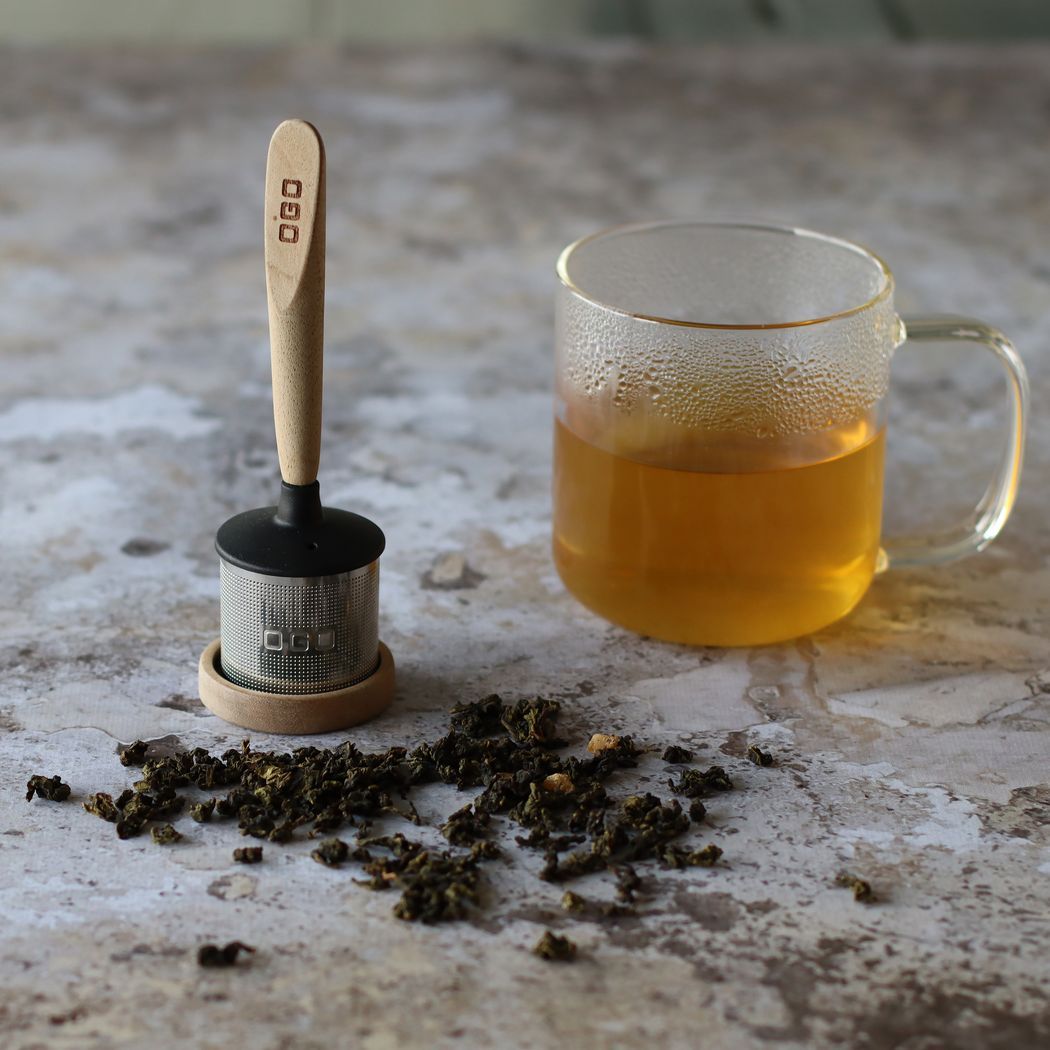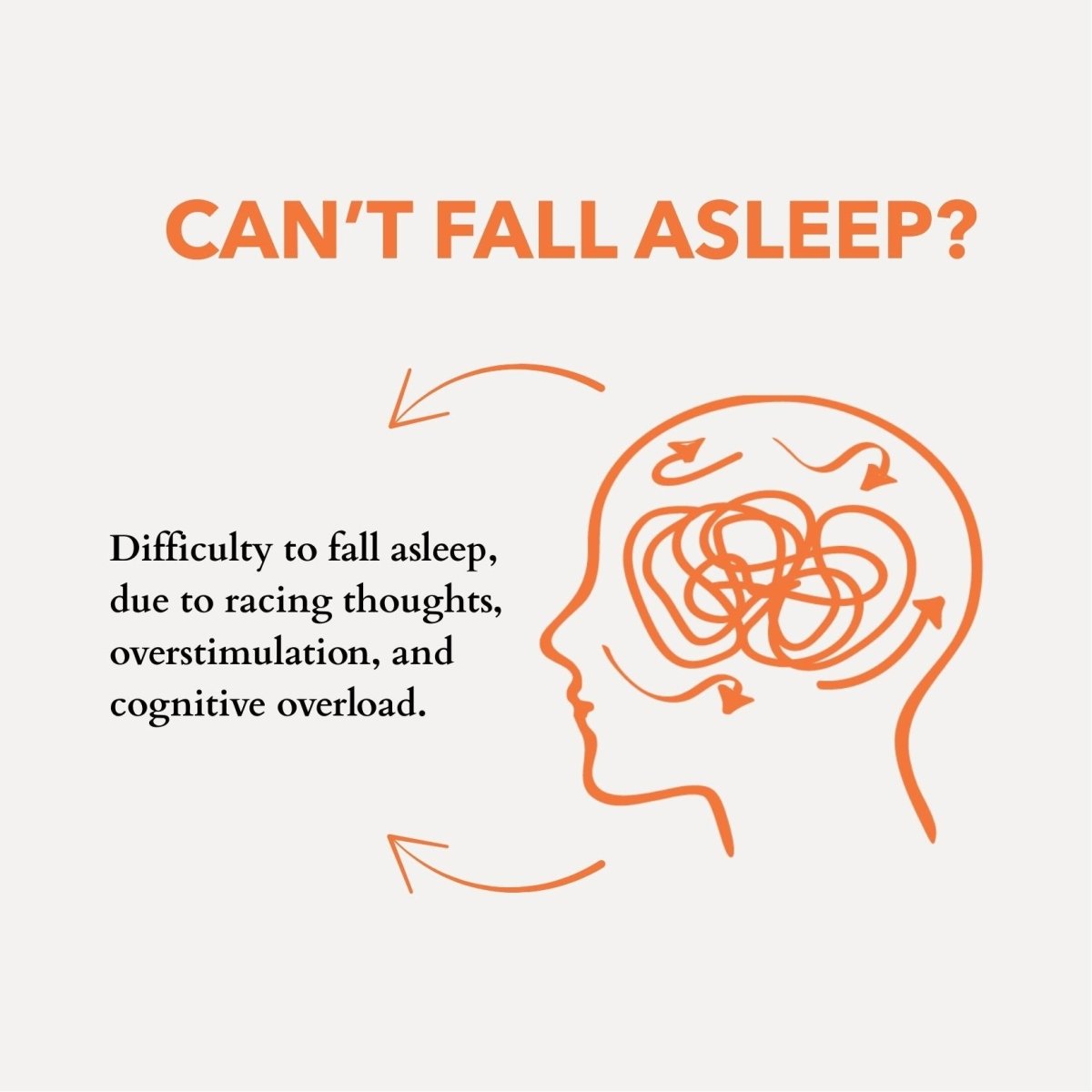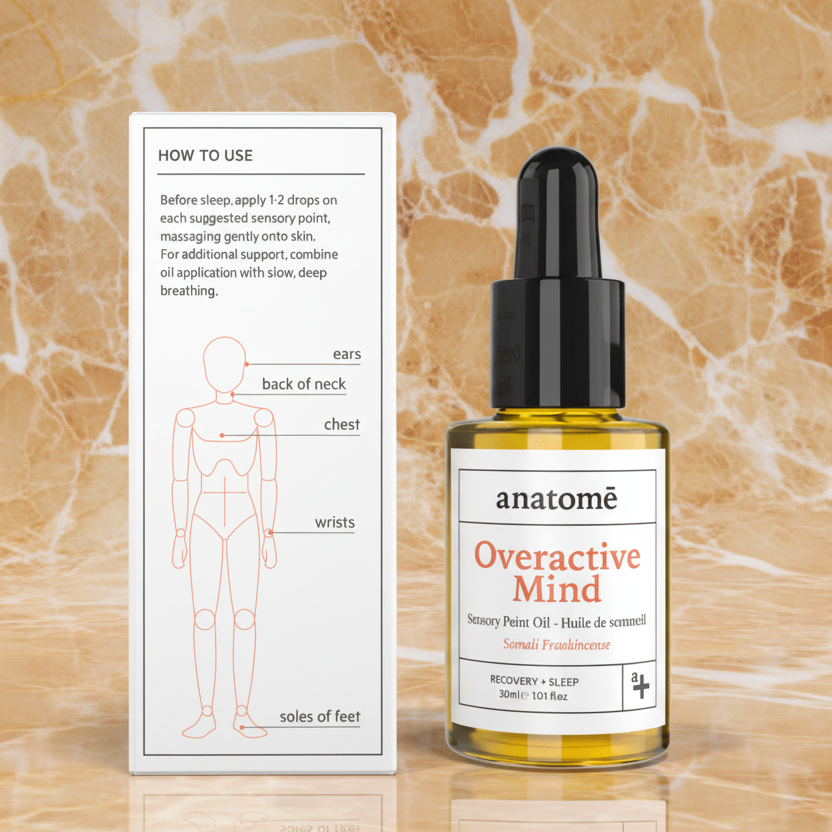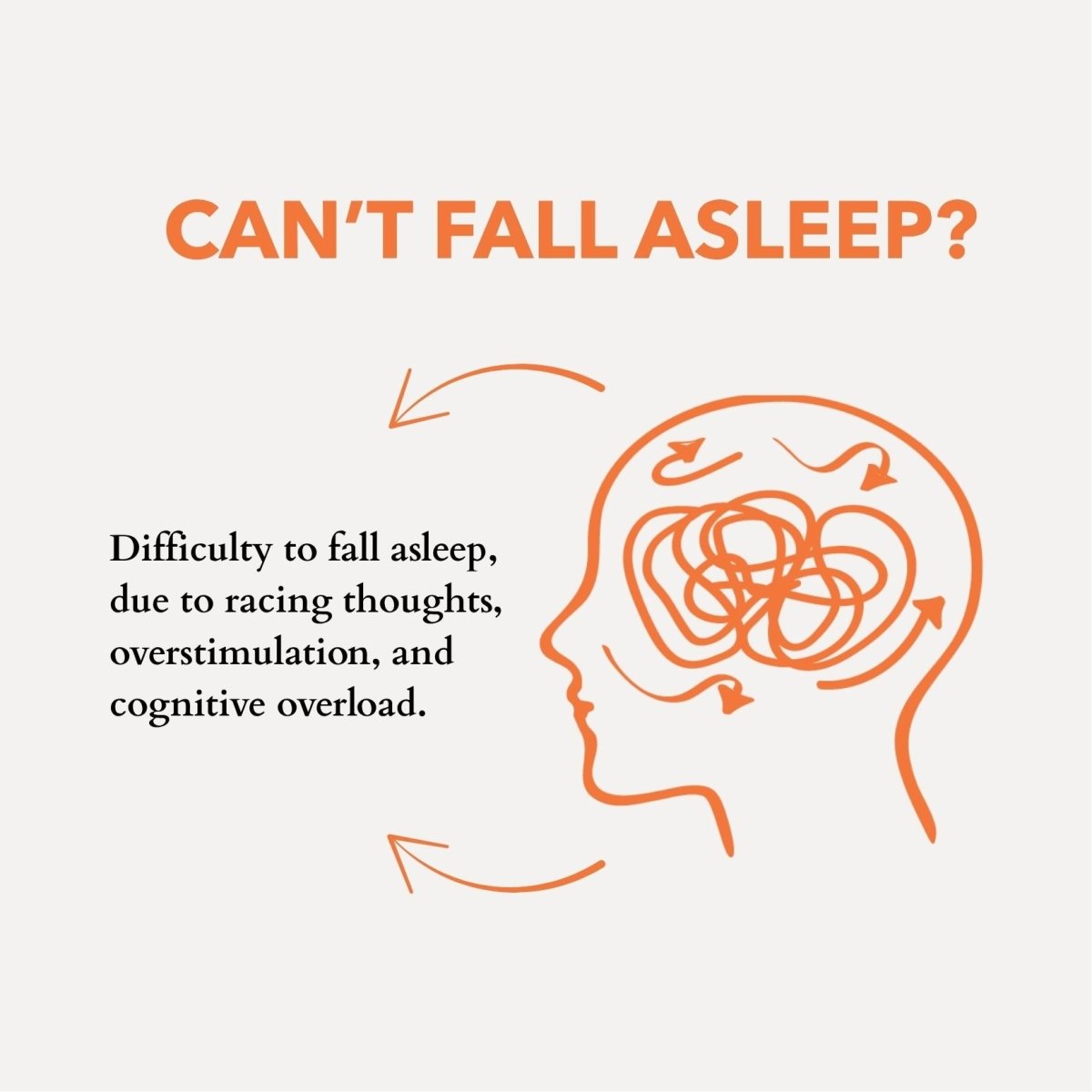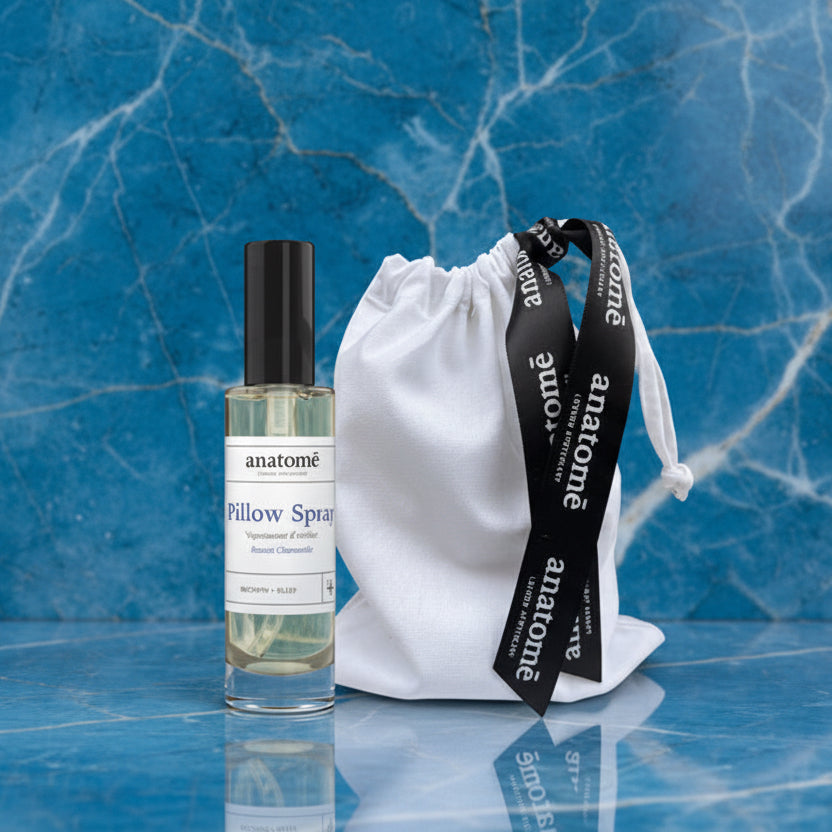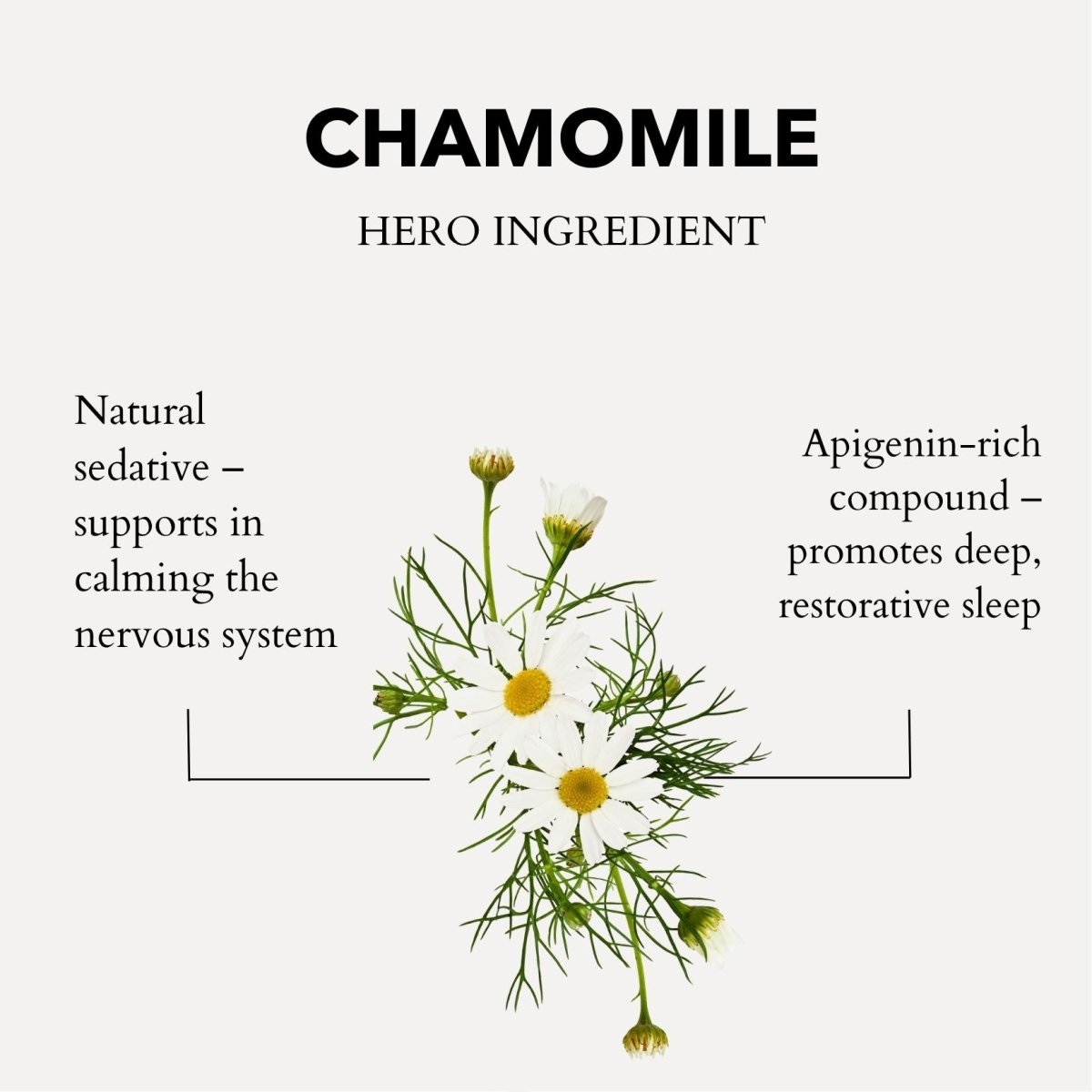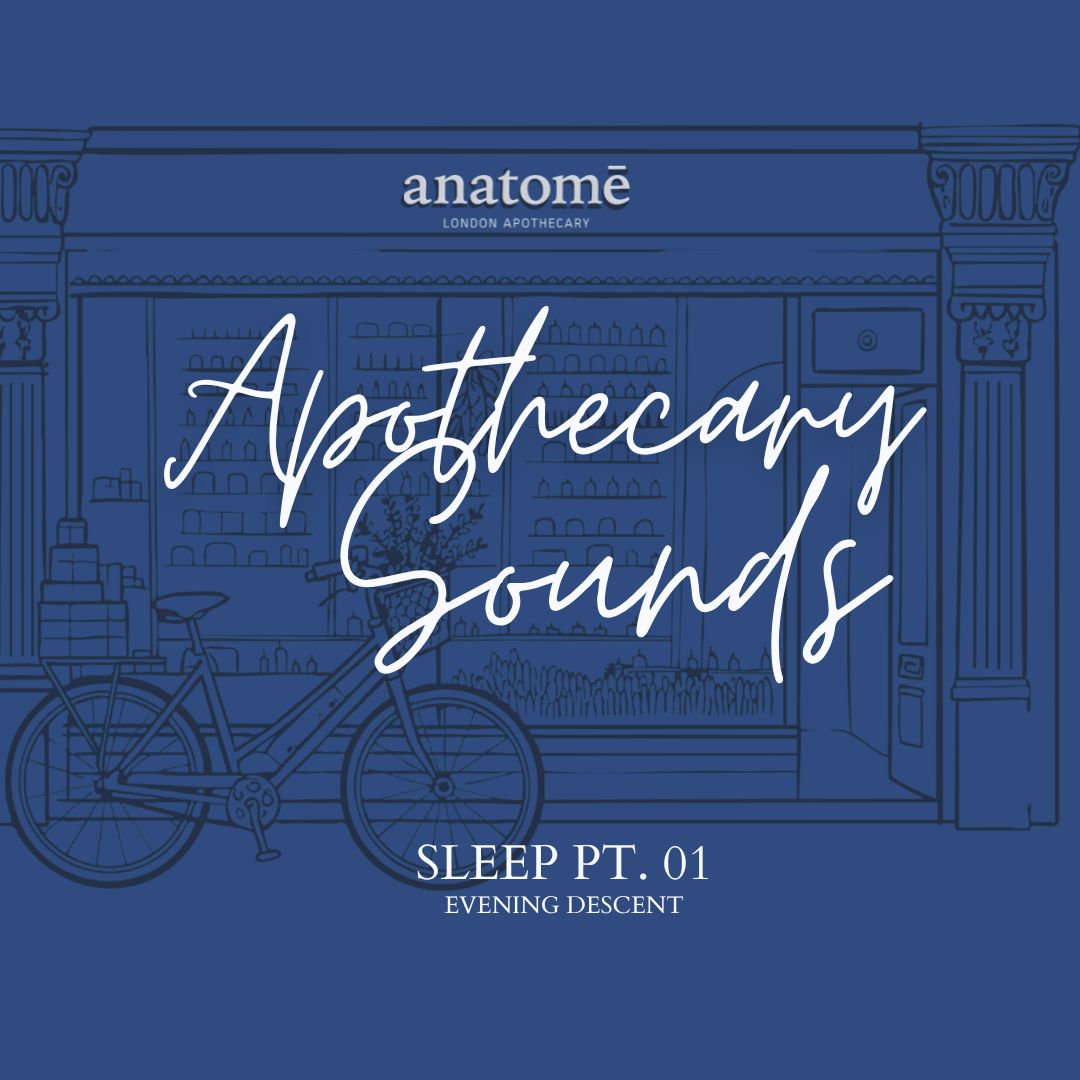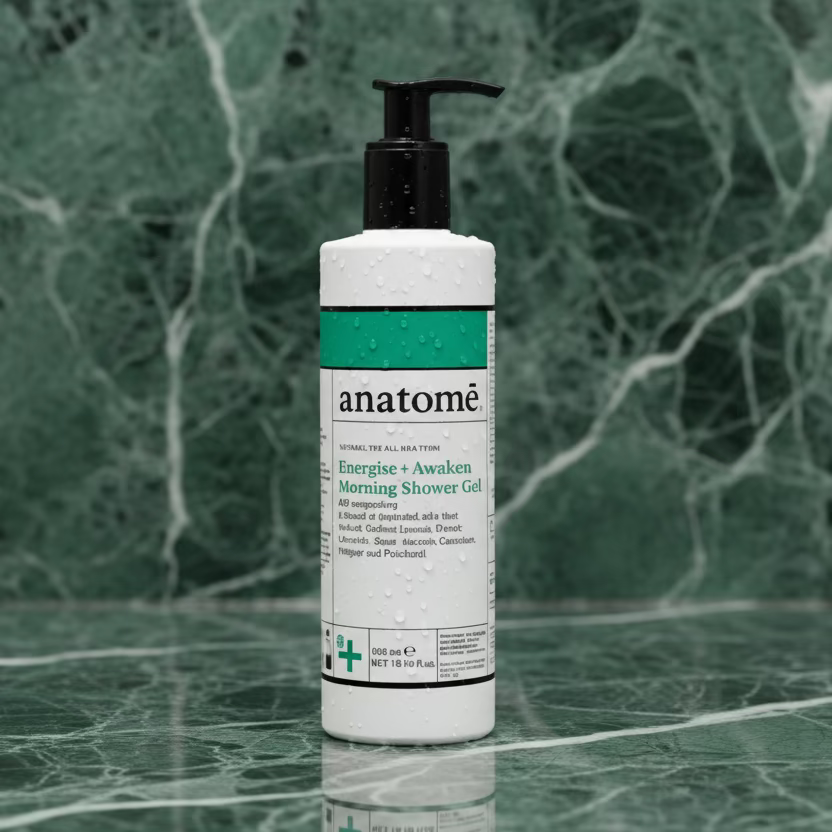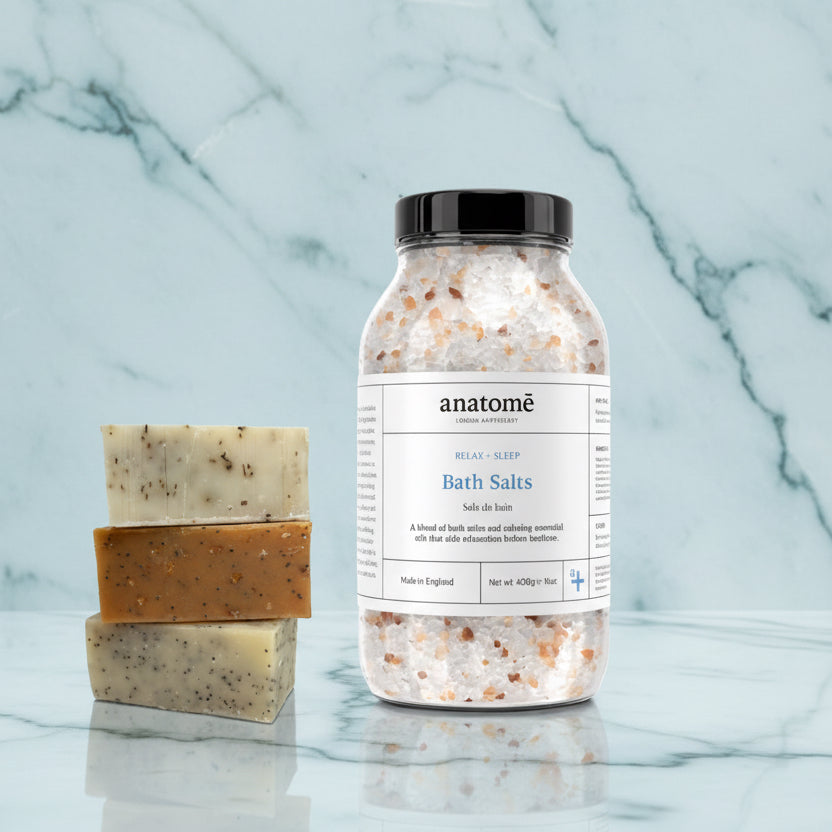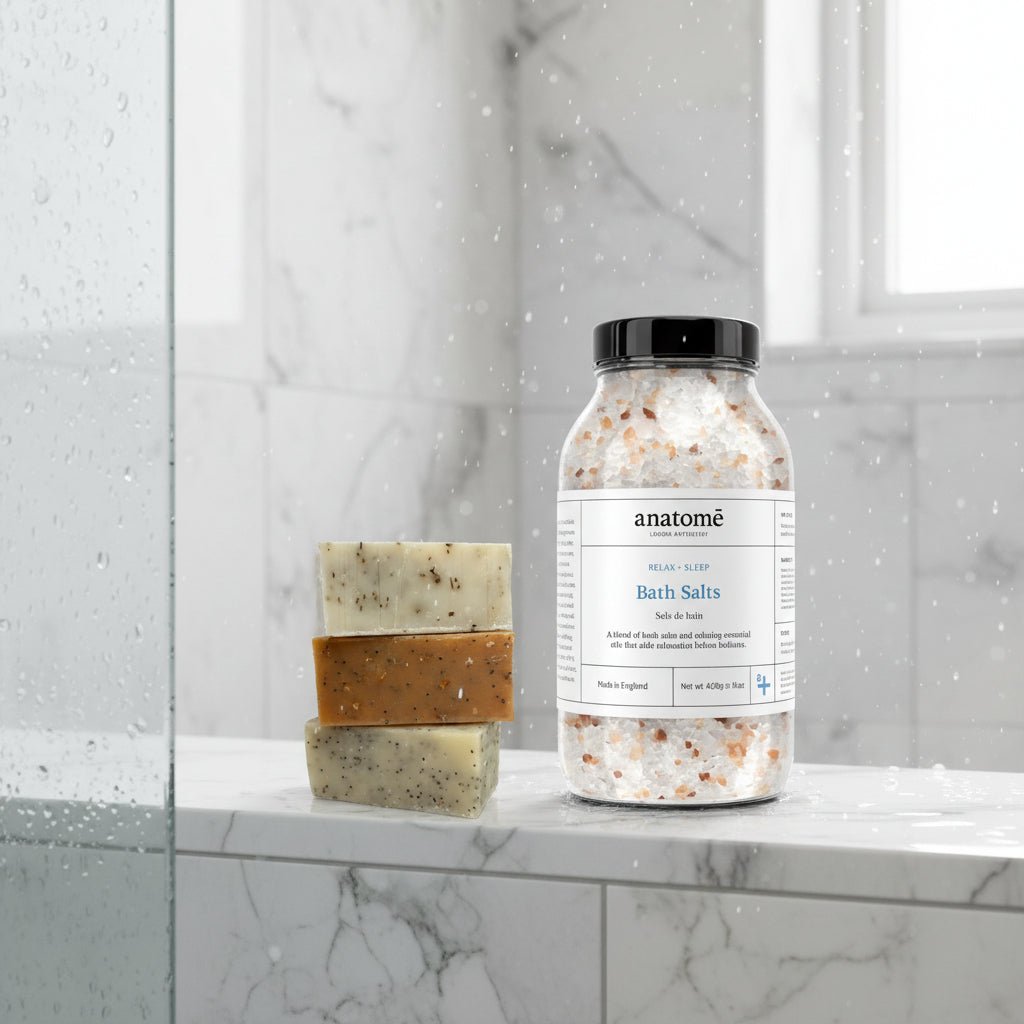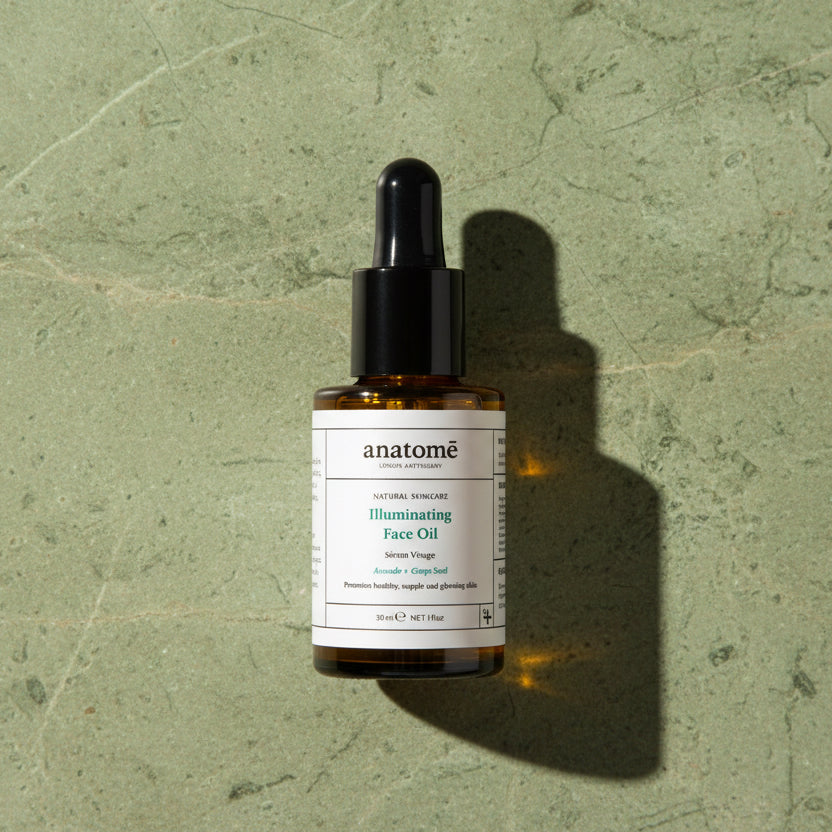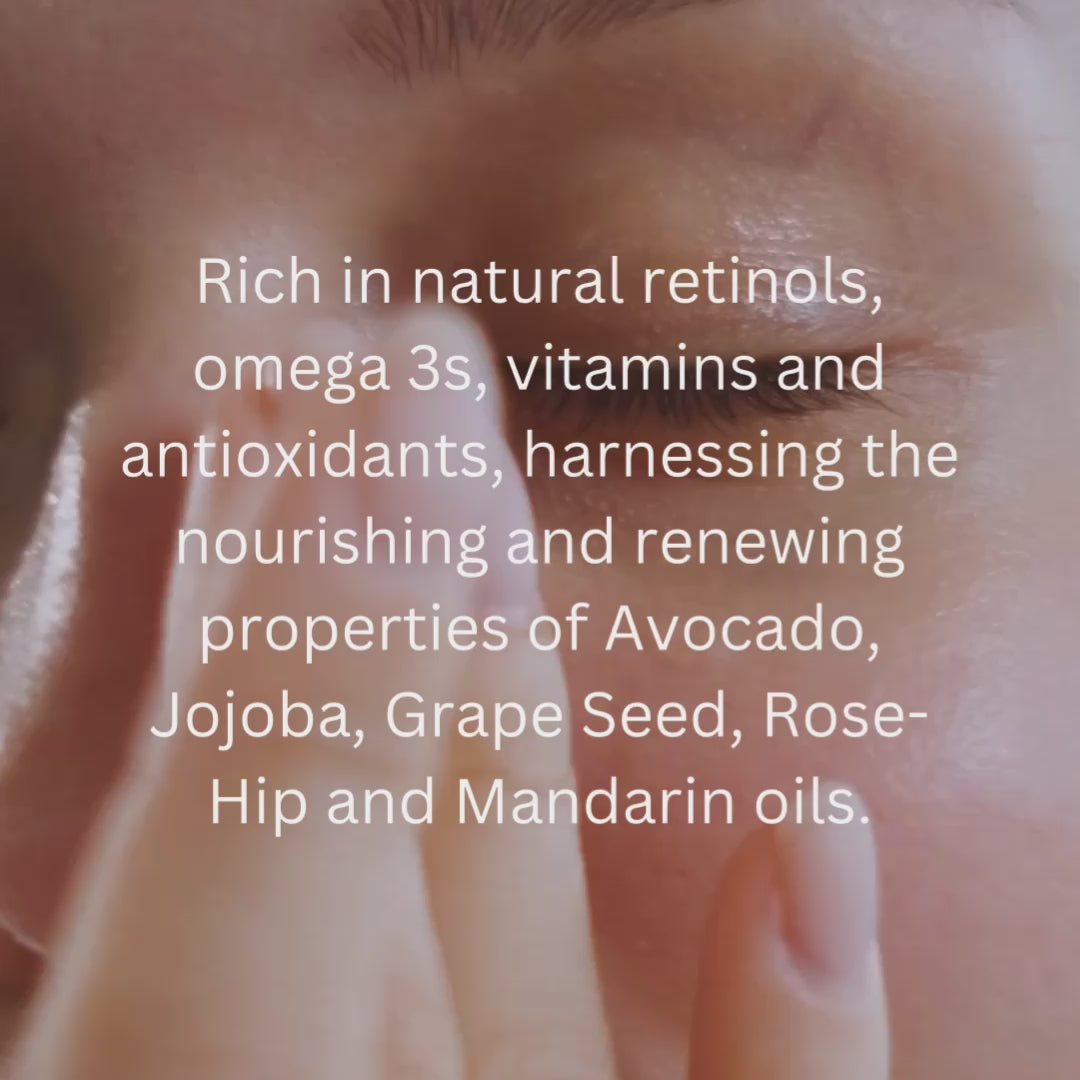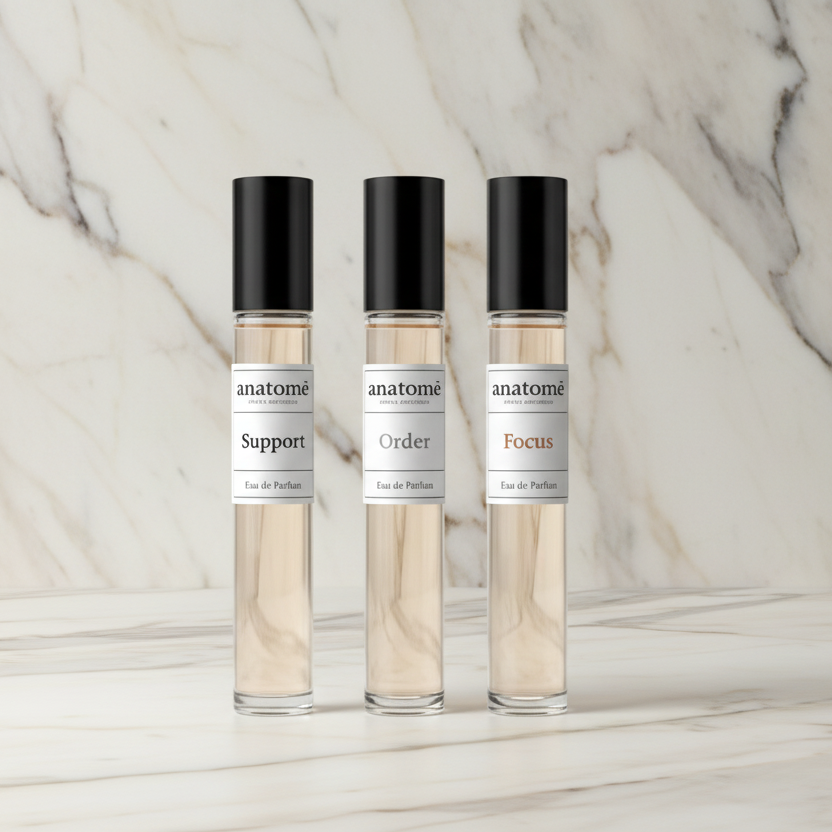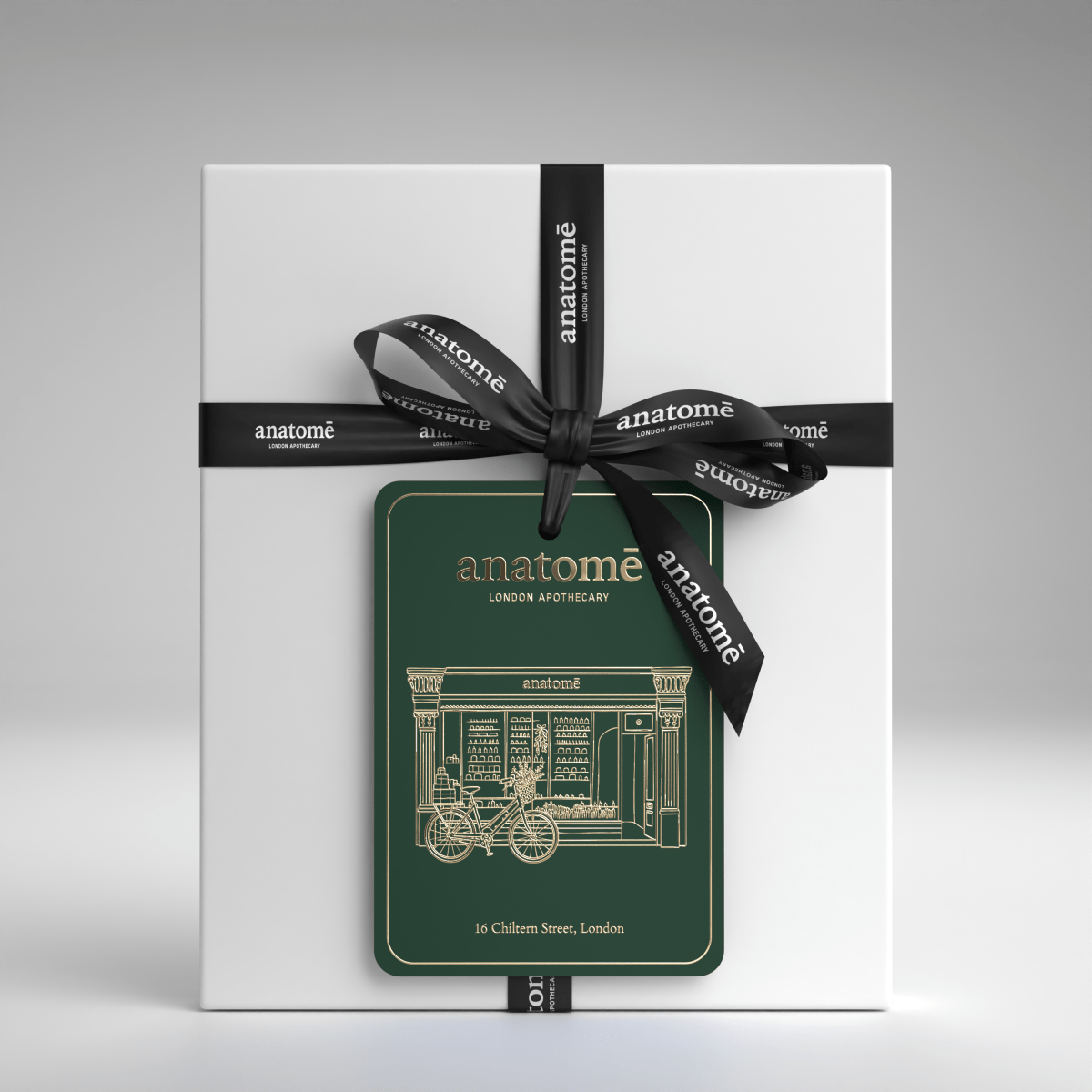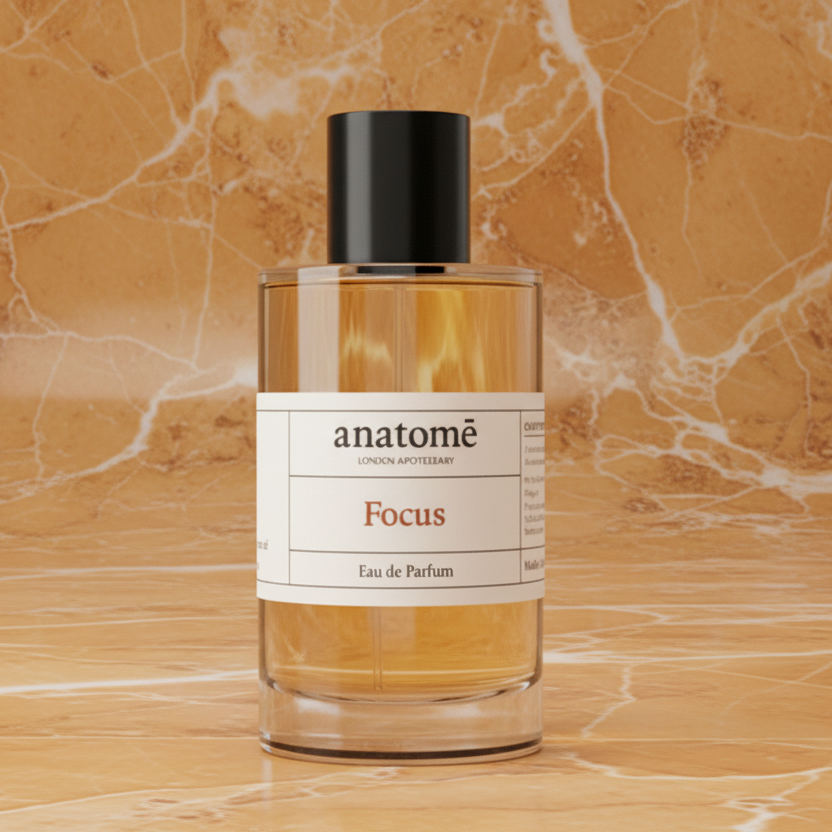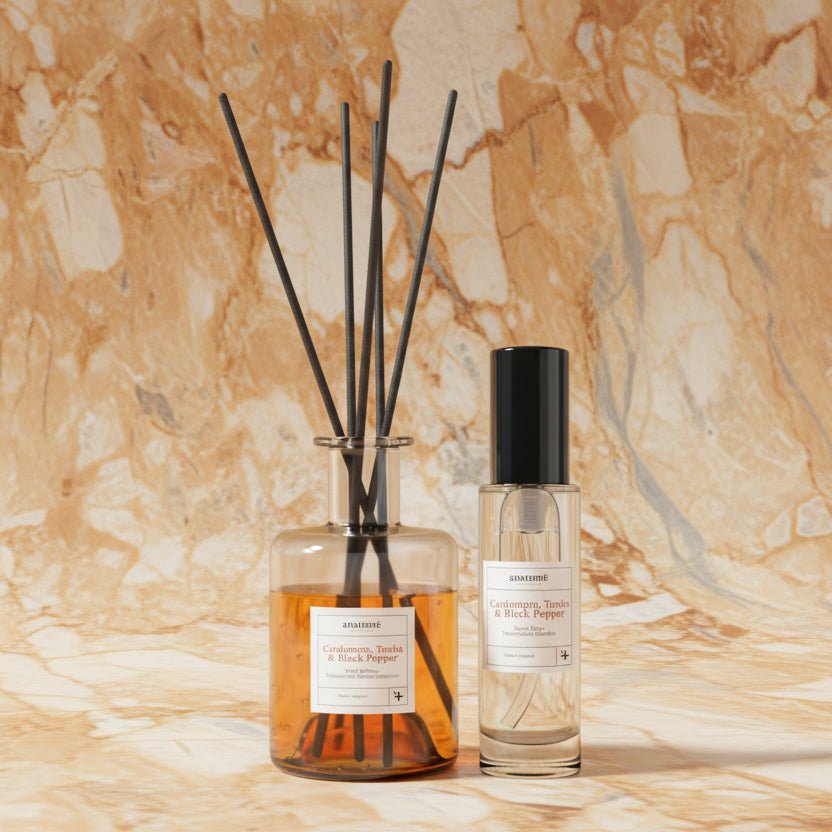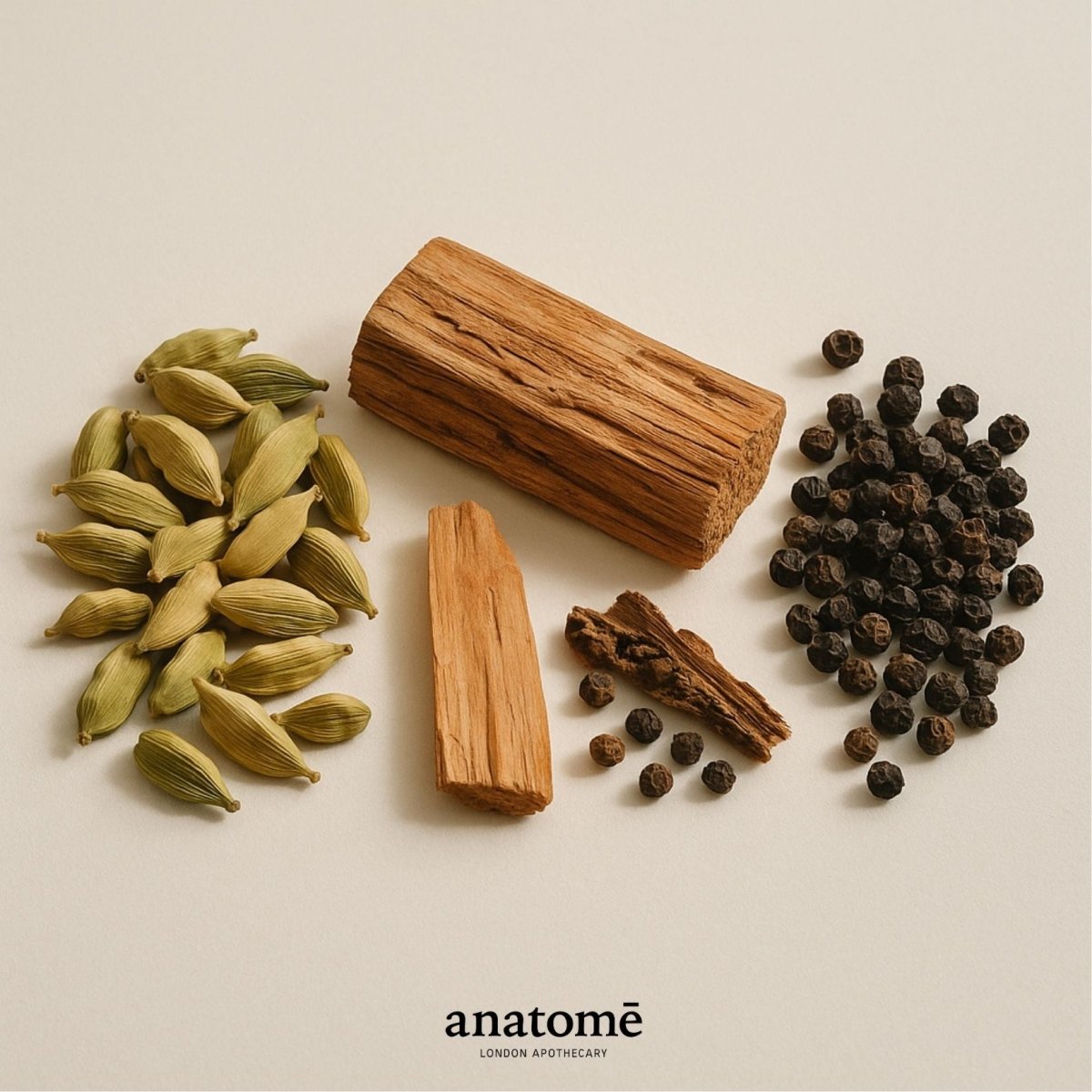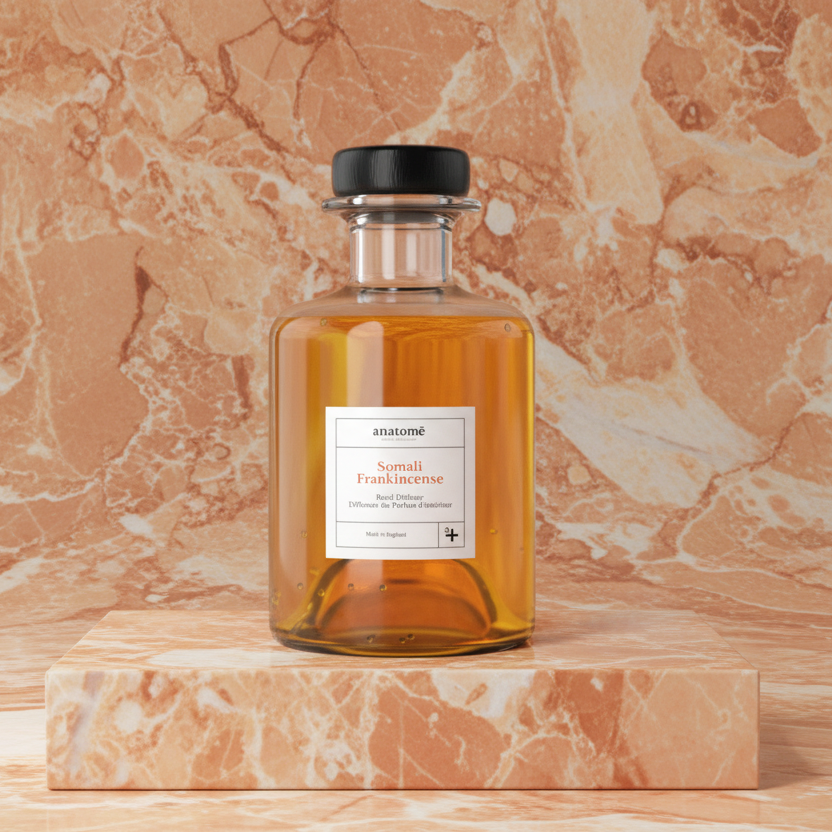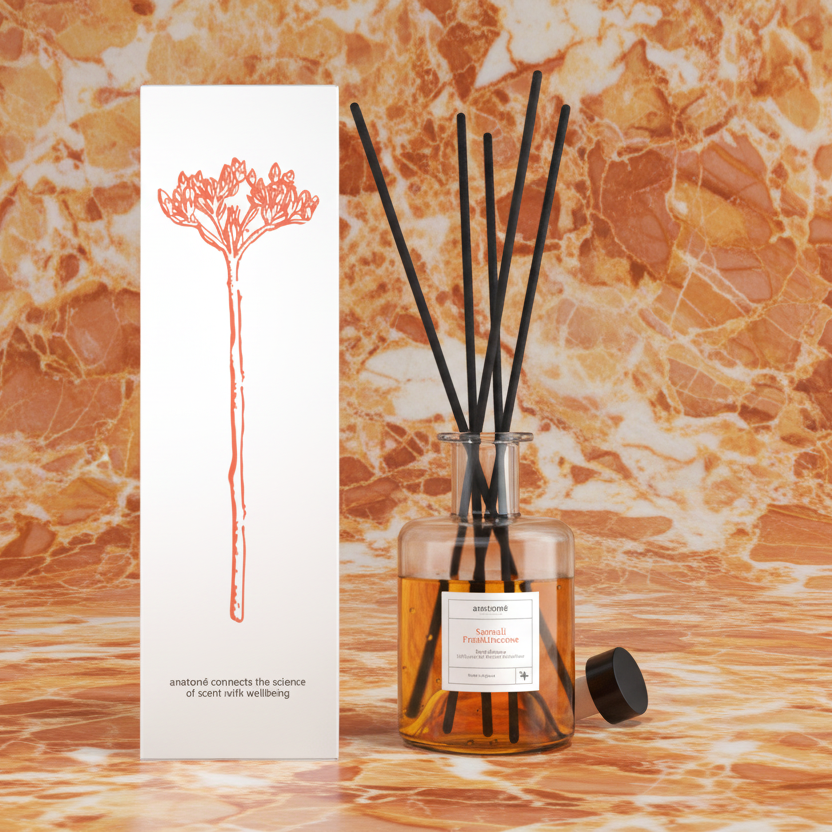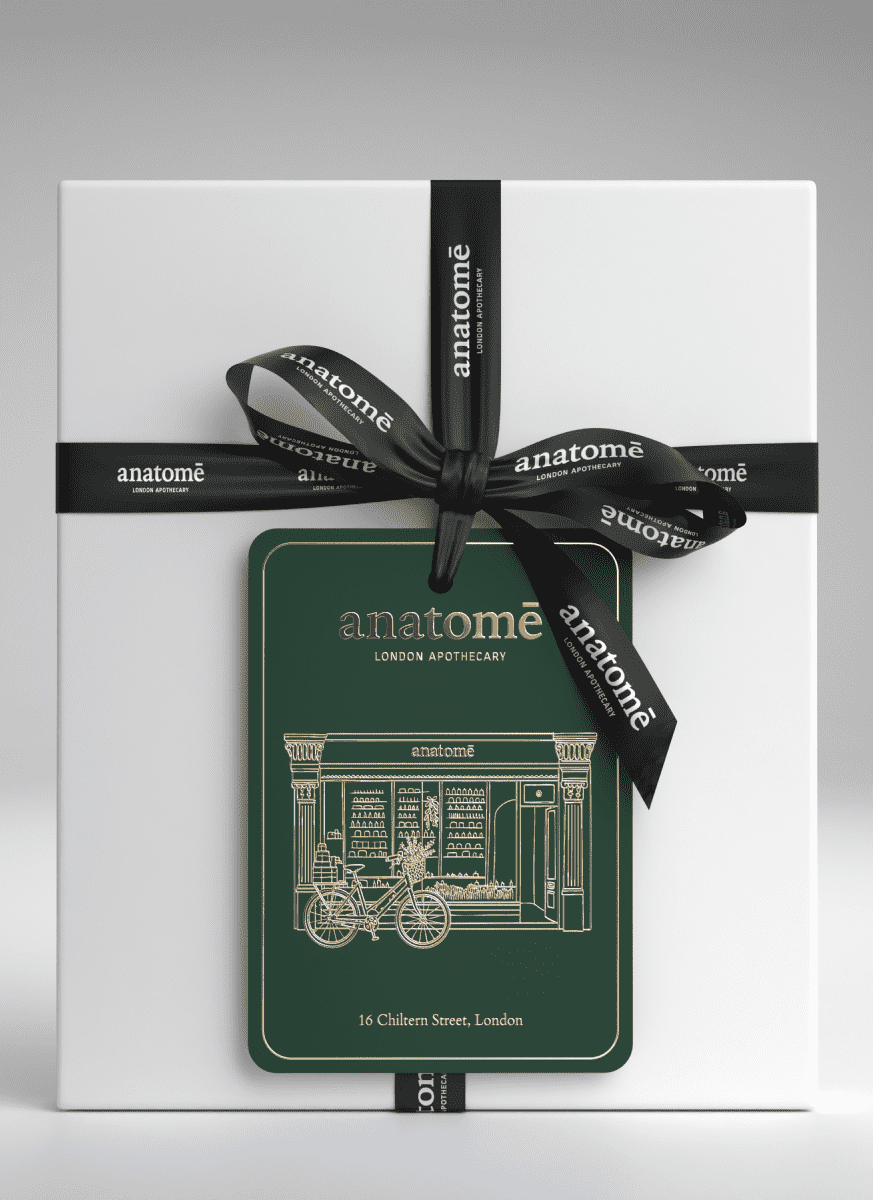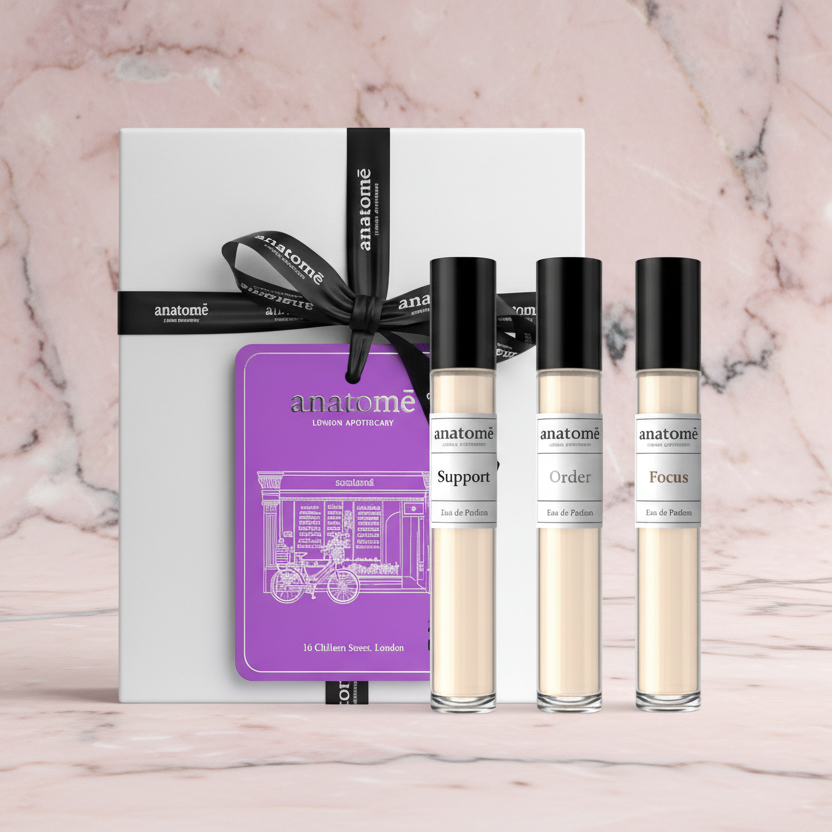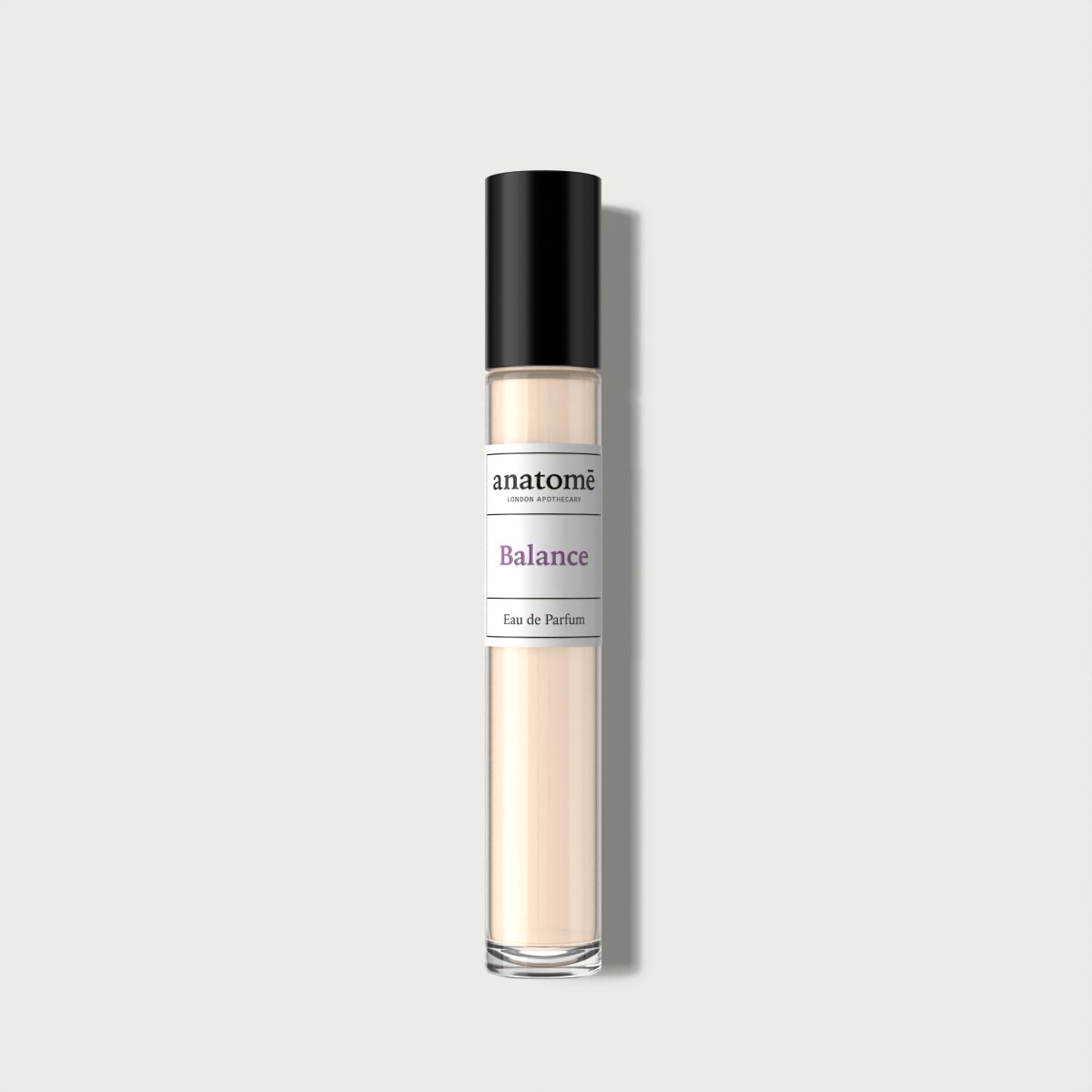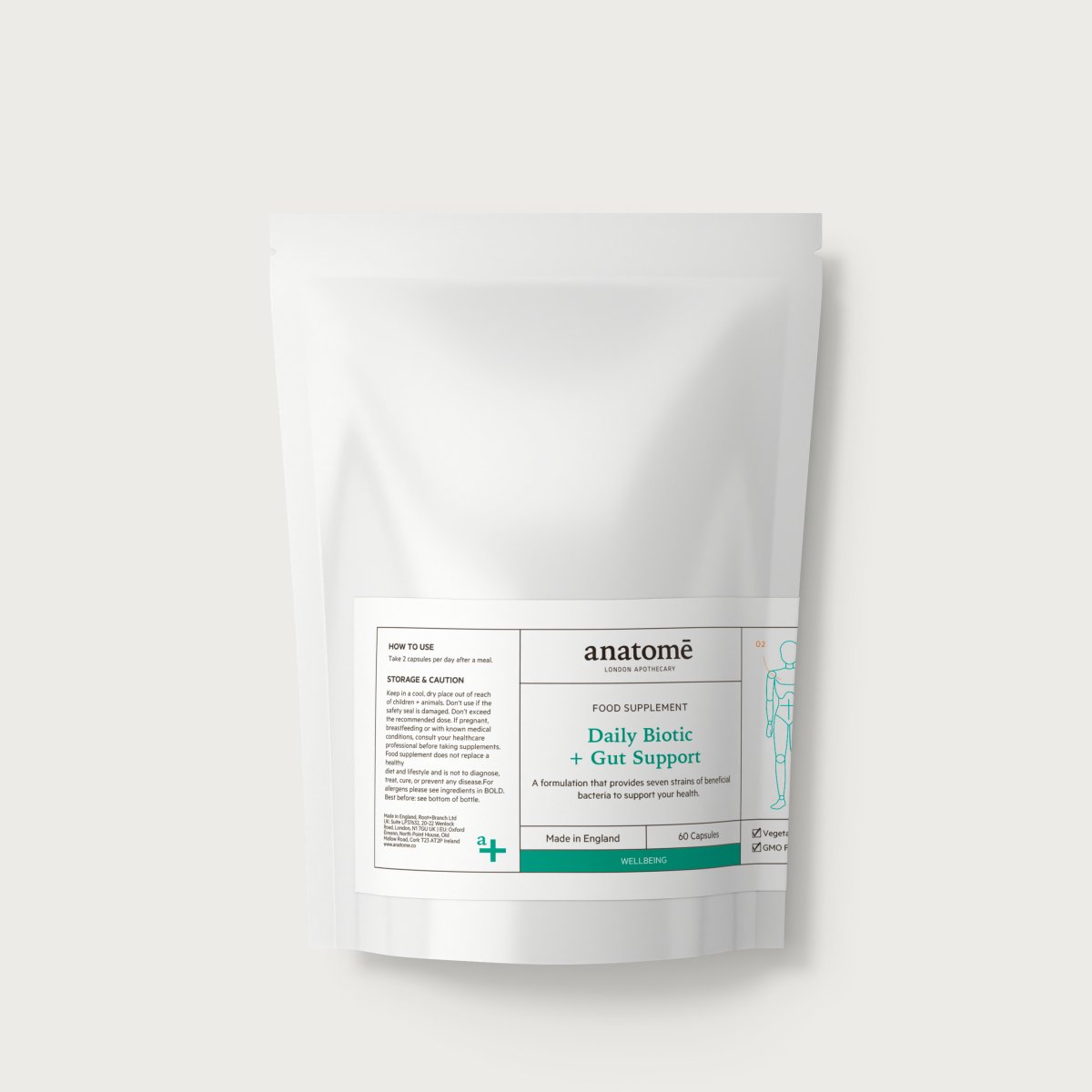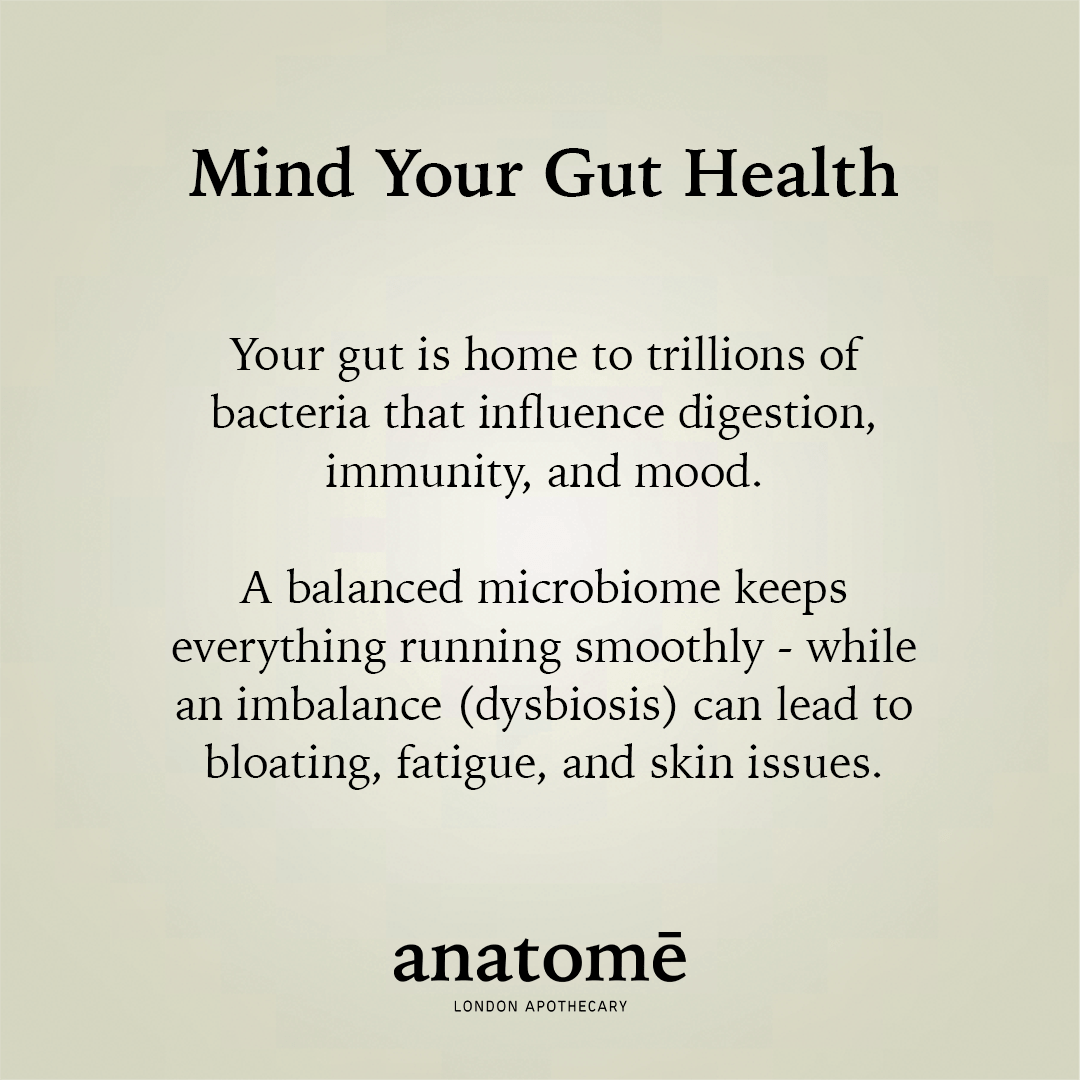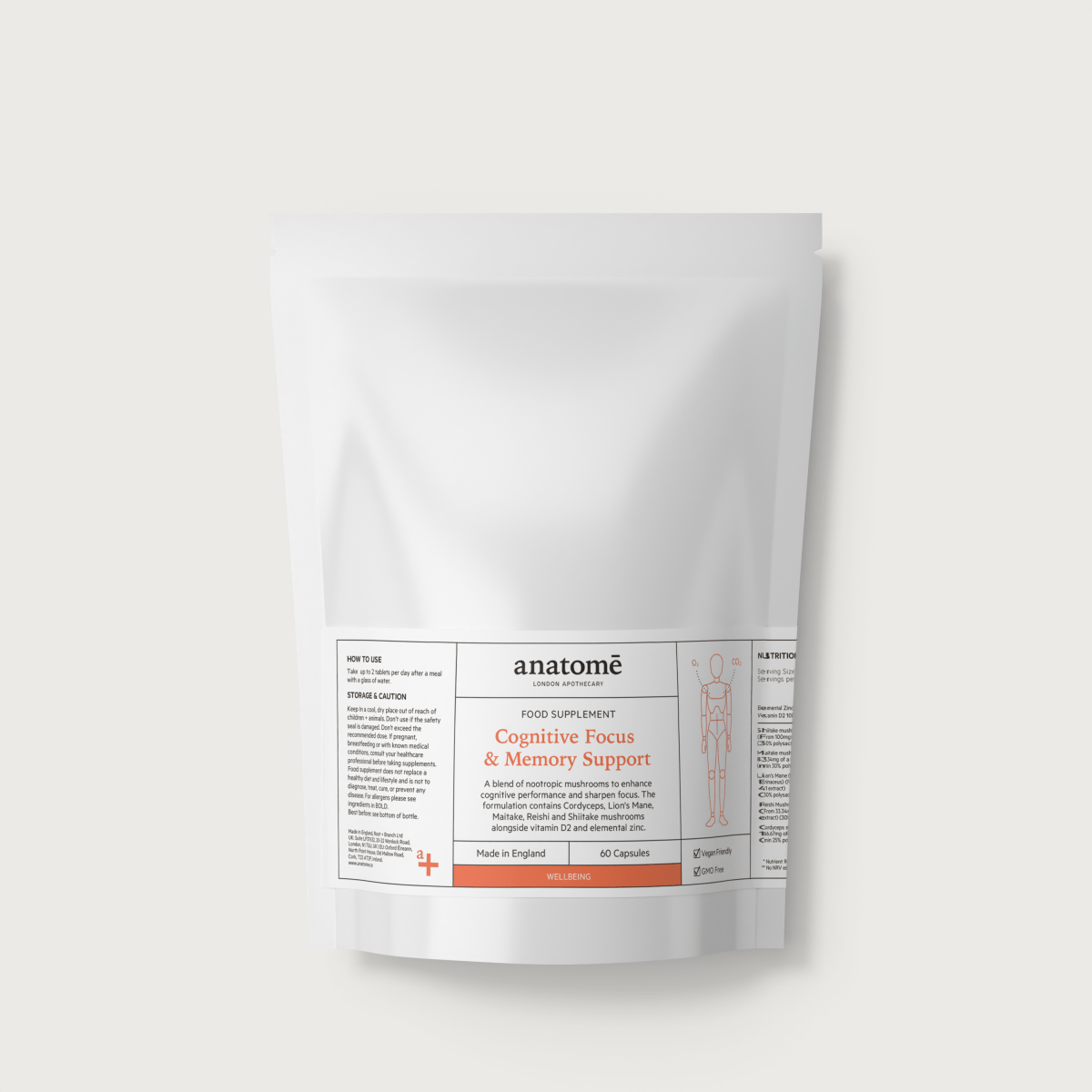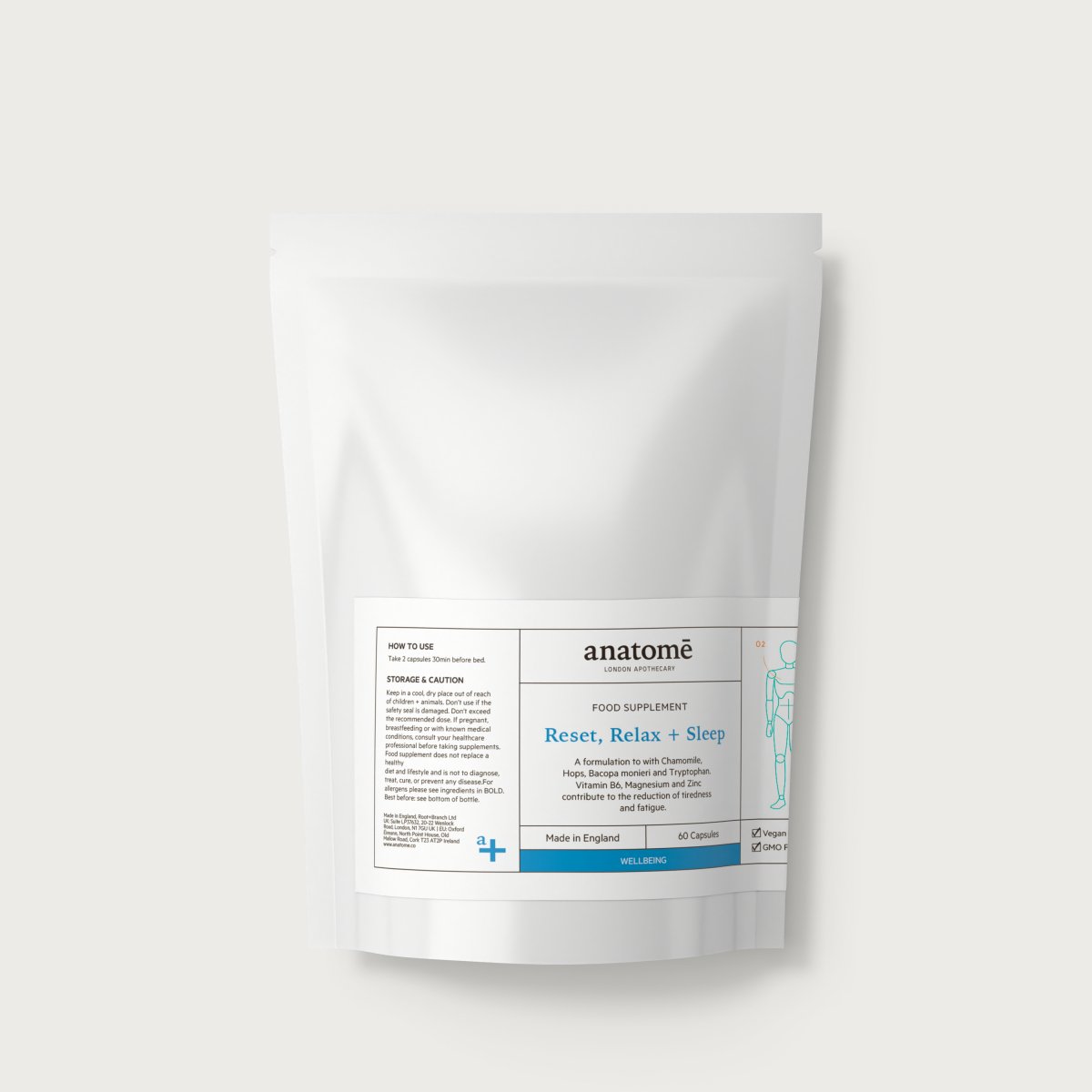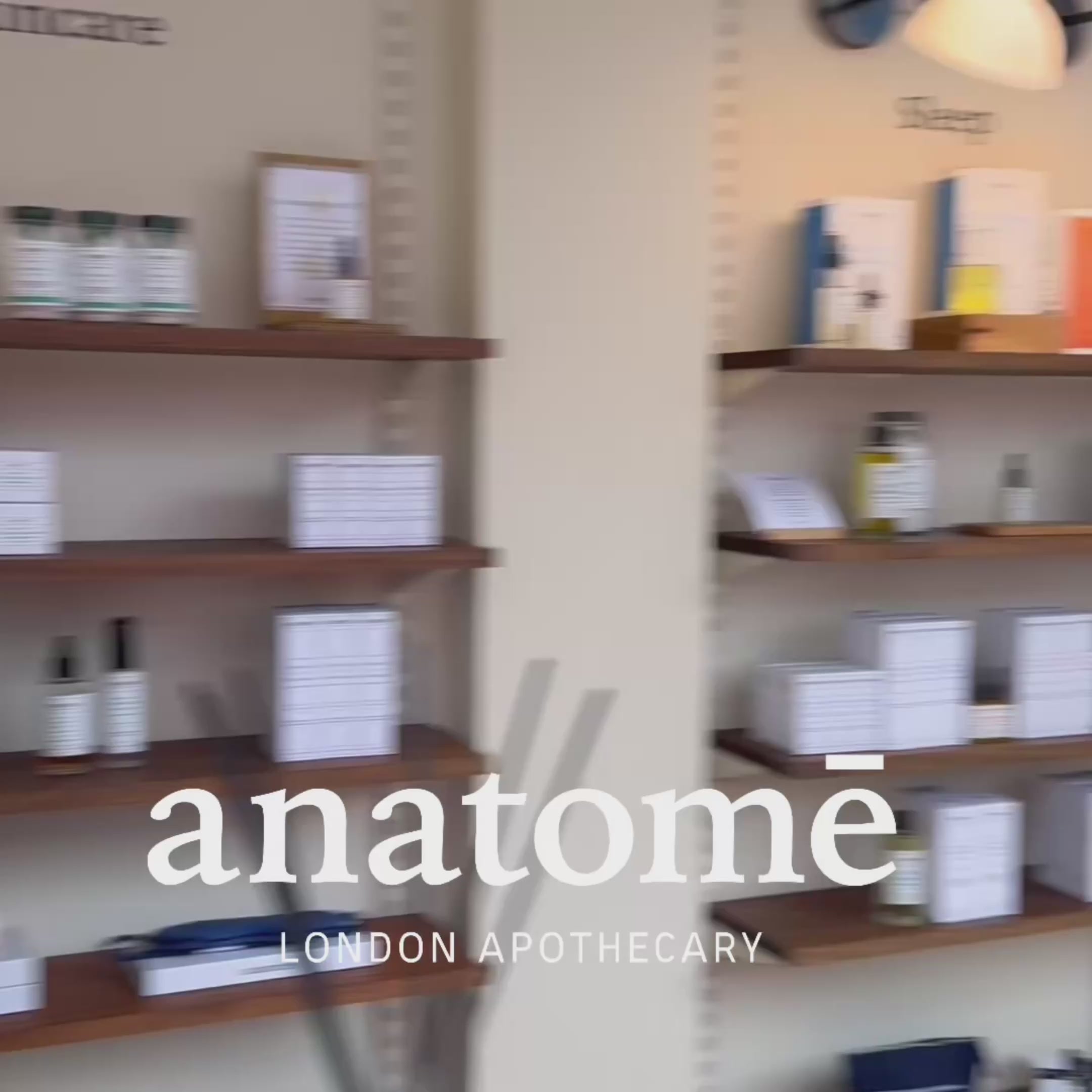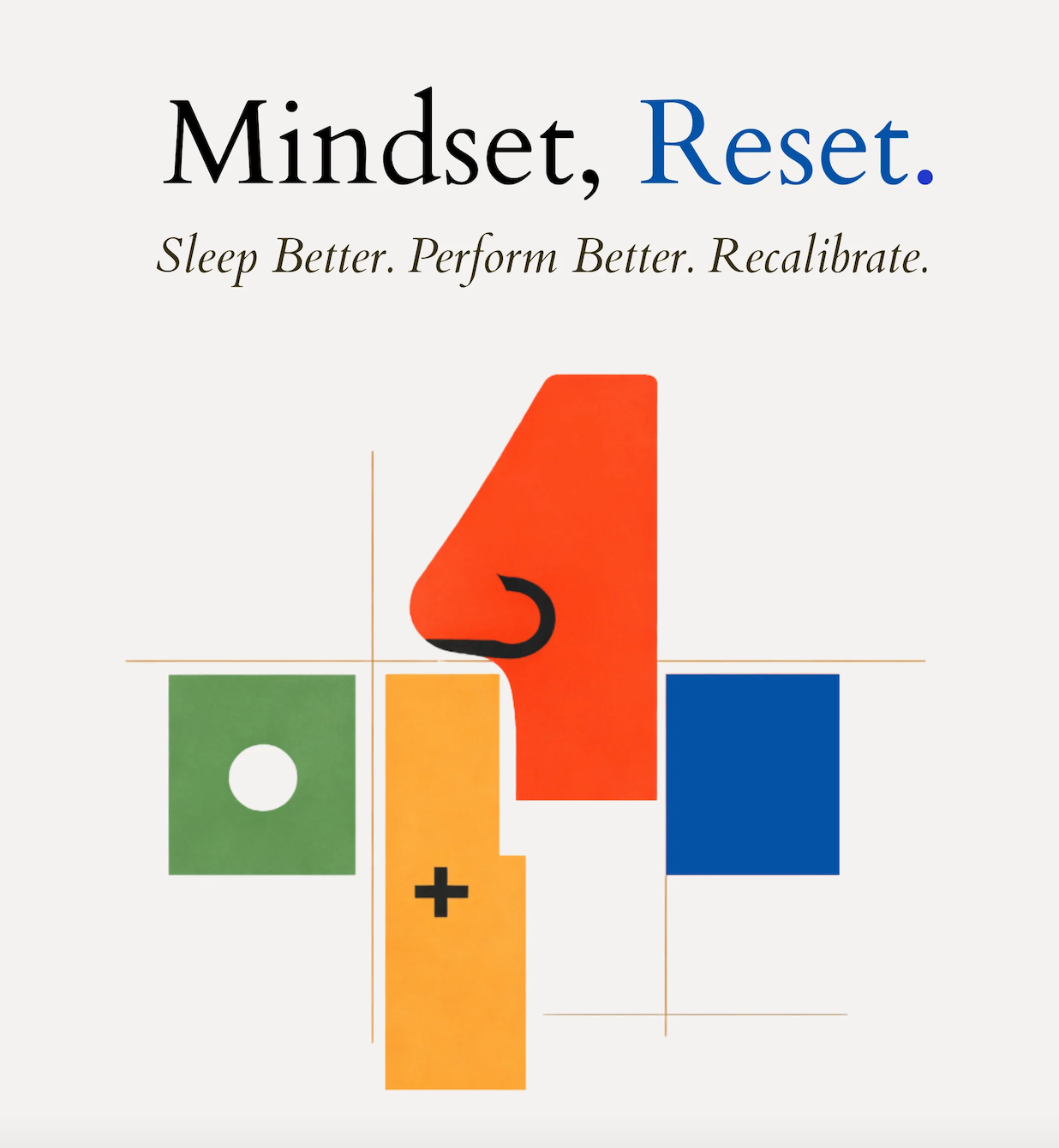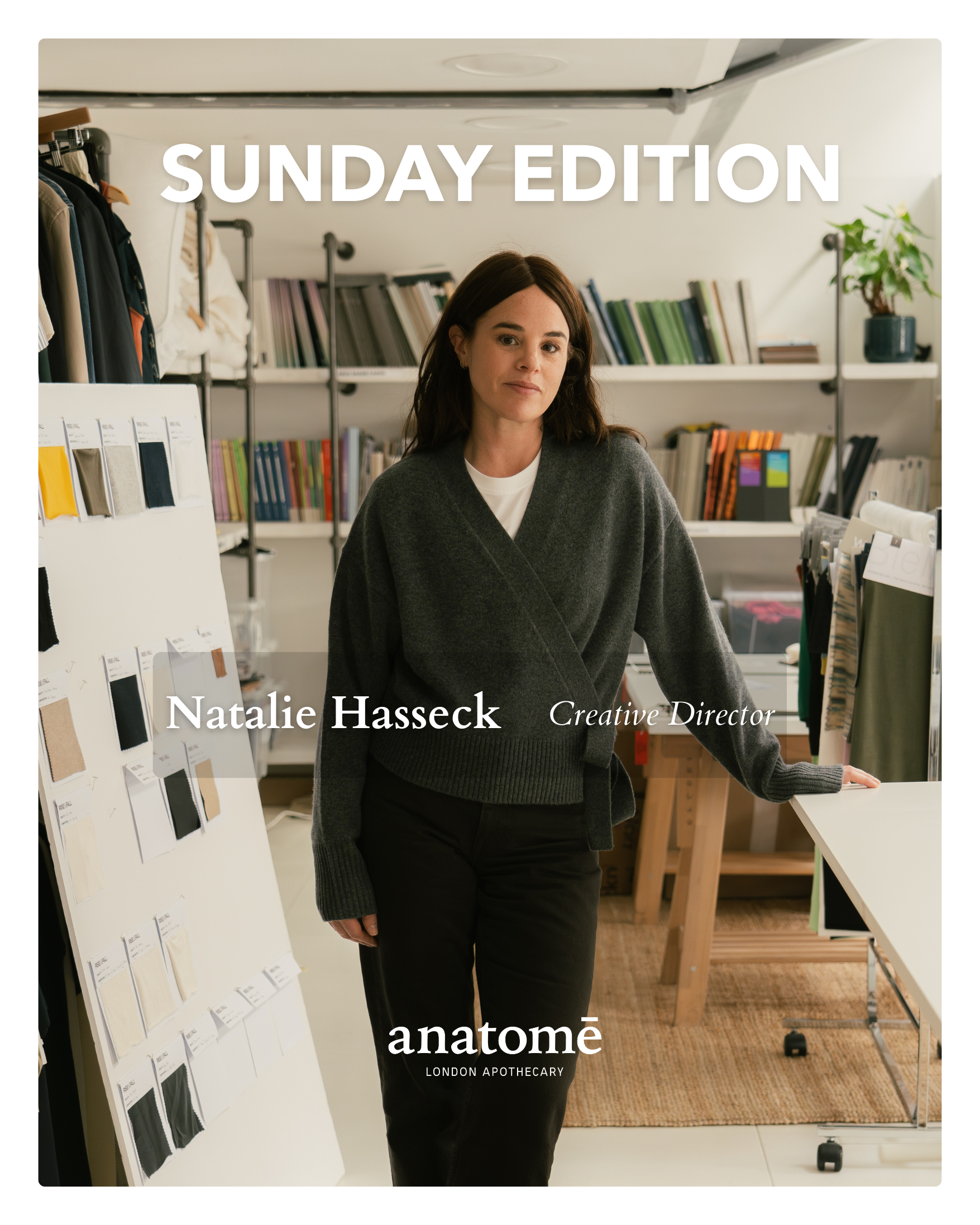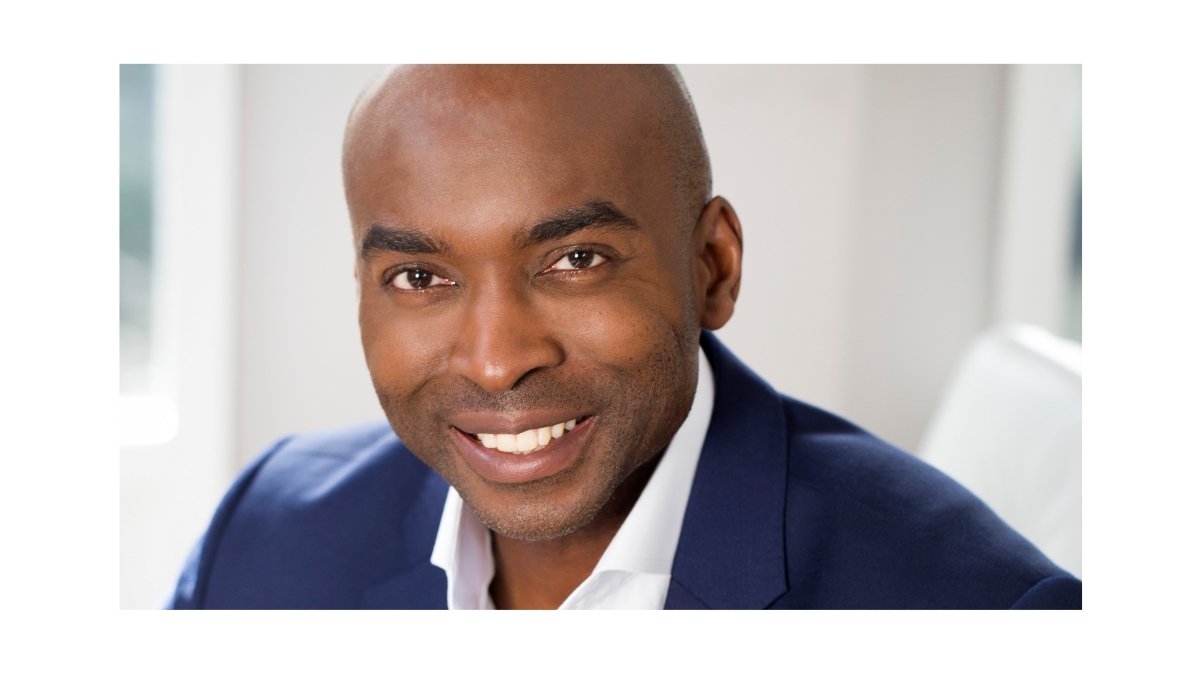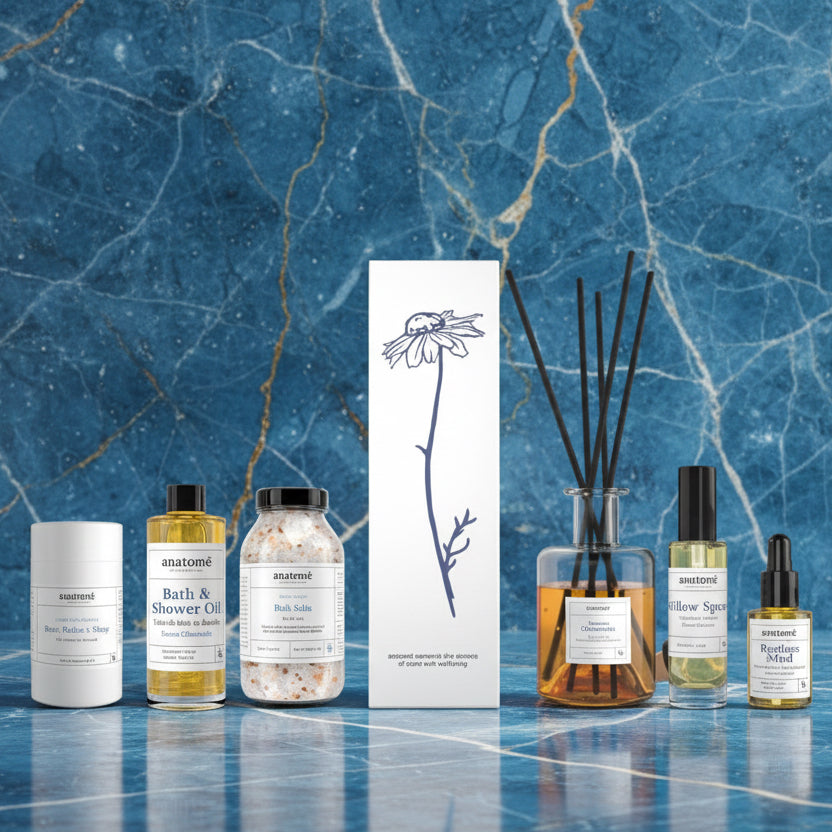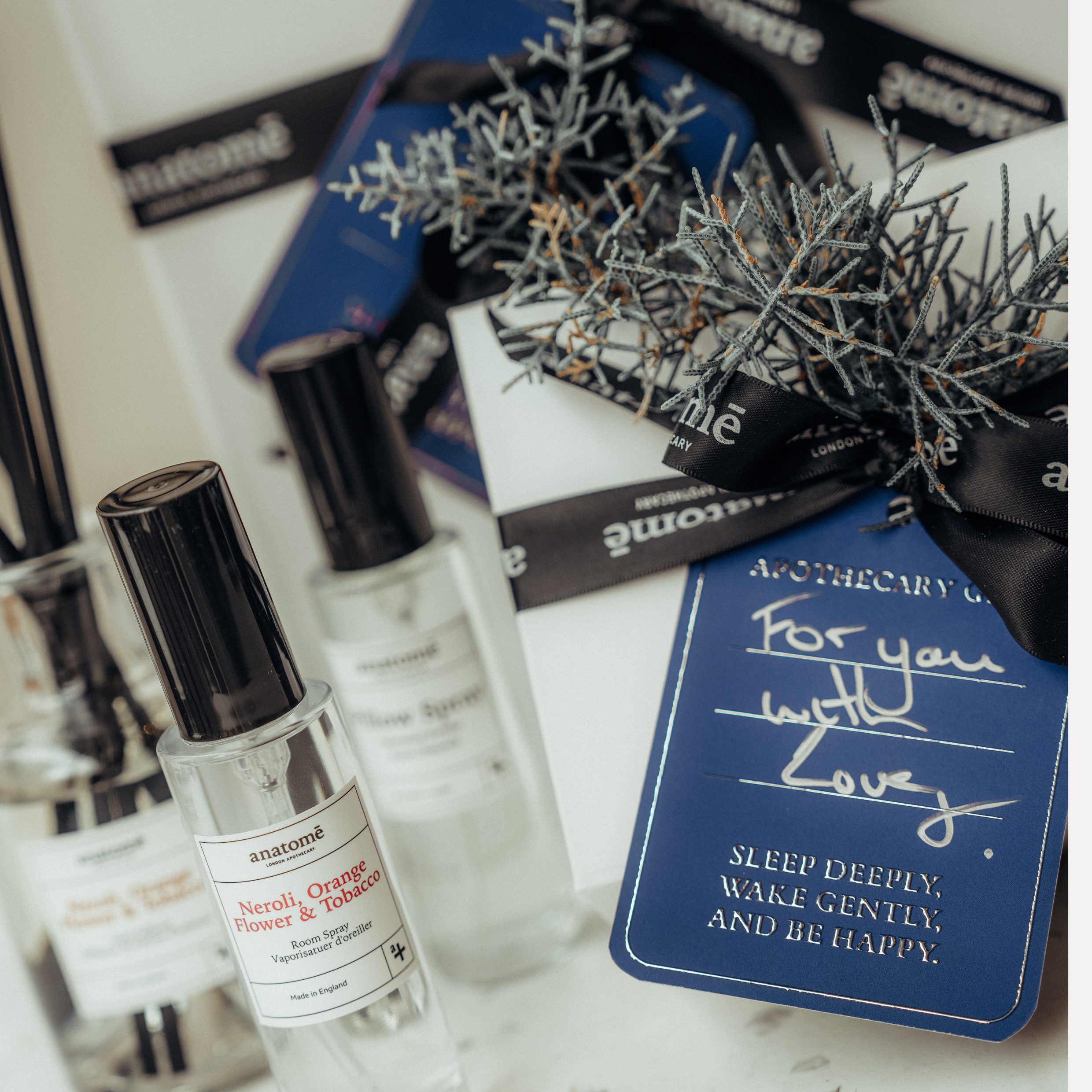Next to introduce to our panel of a+ Experts is Dr Chidi Ngwaba. We’re thrilled to welcome Dr Chidi to our friends of anatomē who have come on board to further support your wellbeing journey.
Dr Chidi is a leading Lifestyle Doctor, having trained in Surgery, General Practice and Lifestyle Medicine at Cambridge, UCL and Johns Hopkins. With 4 degrees in Science and Medicine, his passion is to reverse, improve or prevent chronic illnesses, including heart disease, cancer, arthritis and diabetes.
He is a founding board member of the European Society of Lifestyle Medicine and has over 20 years of experience as a national and international health and motivational speaker, including presenting TED talks on Reversing Disease. He was the featured medical expert and contributor to Europe’s most popular health magazine, Top Santé, and he contributes to The Daily Express and The Daily Mail and TV and radio shows such as ITV’s Good Morning Britain BBC and SKY News. He is also the resident doctor at Premier Radio and founding director of a lifestyle medicine clinic on Harley Street.
In addition, he founded two successful and award-winning restaurants in London, Plant, to encourage healthy eating.
Founder Brendan Murdock had the chance to speak in-depth with Dr Chidi about his journey into lifestyle medicine and wellness.
Tell me about yourself and how you found yourself in the world of medicine.
When I was young, I wanted to do something like my hero Dr Kellogg did. He was an excellent surgeon and physician helping people in the 1800s to reverse disease.
When I was in medical school, my head was turned to surgery. I qualified for medical school and went on to do surgery at Cambridge at a wonderful hospital called Papworth Hospital. I remember one day, a gentleman came in and said, “I need another bypass. My old bypass didn’t work.” And my professor said, “you’re too sick. We can’t do anything for you.” And at that point, I started to think: here I am at Cambridge, and a man comes in with heart disease, and there’s nothing we can do. That doesn’t make any sense to me. I researched, and I looked at some doctors around the world who were helping people to reverse disease, worked with them, came back and then set myself up. I stopped surgery, retrained as a general practitioner and then started doing lifestyle medicine, getting to the root of the problem. If you have heart disease, high blood pressure, or diabetes, use your lifestyle to reverse it. That involves exercise, diet, stress management and many other things. That’s how I got to be where I am today. I’ve been doing this for about 20 years. I’ve thoroughly enjoyed it.

What was your childhood like? Where did you grow up?
I spent my first six years in a foster home in Brighton. My parents are of Nigerian background. Often, if they were travelling or working, they would put their children into a foster home. I spent my first six years there, then returned to London and went to a rough secondary school. But I got through and got into medical school.
What was life at UCL and Cambridge like for you?
University College London and the Royal Free Medical School are where I did most of my training, which was fantastic. But even when I was doing the medical education, I thought, “they’re telling me if somebody has a disease, this is the medication you use. If that doesn’t work, this is the surgery you perform.” Nobody was talking about what was causing the problems in the first place. There were so many weird and wonderful diseases that would come up that nobody was talking about and wonder, “well, what’s the cause?” You look in the textbooks – nobody knows.
Surgery is wonderful. If you need it, you must have surgery. Medication is fantastic in its place. But if you can change anything with your lifestyle, I’m a big advocate for that. Lifestyle is key for me.
What type of people do you see, and how do you work with them?
Most people who come to me have an issue that they want to get rid of. They may have been down the route of conventional medicine for a long time. For example, people have had diabetes for decades, and they’re tired of taking pills all the time. They come to me because they’re fed up.
Once we get to the root of that problem, it’s very easy to unravel it and get them free of the disease and free of the medication. Most of the people I see have a lifestyle that’s out of balance in one way. Their stress levels, their sleep levels, all those sorts of things need to be adjusted. Another reason people come to me is if they are worried about the future. They’ve had parents who’ve had cancer or heart disease, and they want to remain healthy and improve their performance or physique.
How important is diet to overall health?
For me and in my practice, it's always been if people say to me, "Well, what proportion of the work is diet and what proportion is exercise?" I say, "It's 80% diet." If you want to reverse your disease, 80% diet, 20% exercise, and how you deal with stress just permeates everything.
How long do you work with someone to develop that change
I consider it to be more like a coaching process. For example, suppose somebody is a diabetic. In that case, I usually say it’s no more than two months to get them back on track so that they’re free of the disease and free of the medication. That would involve an intensive amount of coaching whereby we set out what sort of food you should eat, what kind of exercise you need to do, how you need to manage your stress. And regularly, we touch base on how it’s going, just like a coach. In the second month, we just try to get them back into a normal healthy lifestyle.
But for other people, it can be a long process. It can be a year of me stepping in and out of their life, making sure they’re on track. I call it meals, movement and mindset. That covers everything to get yourself back on track: what you eat, how you move and what you’re thinking about.

What do you think is the best type of movement for different age profiles to support your health?
I think the first thing about movement is it should be things that you enjoy. As health professionals, we can push anything. But because this is lifestyle medicine, it is important to do something that fits your life. If you like it, that’s the most important thing. When the doctor’s gone, the only thing that will keep you motivated is the joy and pleasure in movement.
What do you do to help people create a mindset of positivity towards eating and movement?
Getting the mindset right is vital. I’m not giving you counselling. I’m not giving you therapy. I’m giving your mind a space to breathe. Mindfulness is one tool in the box, but really, what we want to do is to get people to a place where they can be at peace with themselves. We have stress all around us, but if we’re in a stressful environment, how do we inoculate ourselves and protect ourselves from it? Part of that is forgiving ourselves, forgiving other people, trying to understand each other. All of that takes the pressure out of life. At some stage, we’re going to learn to forgive ourselves and learn to forgive others. That’s where we get to the mindset.
What shift do you think will take place in the future of preventative health?
I’ve been preaching for years about reversing disease, but now we know that COVID-19 has been disproportionately affecting people with underlying conditions such as diabetes, high blood pressure and obesity. That should then make us wake up and think “why don’t we try and get rid of those underlying diseases?” We need to change our mindsets. Let’s reduce the amount of fat and sugar, and salt, and maybe we could stop people from getting these diseases in the first place.
What is your morning routine?
I get up at about five. I get to my desk and do about two hours of writing, usually creative writing, or for a journal or article. I then get myself ready, go out for a run, get to the gym, do my workout, then walk back home. After I have a shower, I start seeing patients up until the early evening.
How do you advise your clients on sleeping?
Sleep is essential. I know many people who can go through life with four hours, but they do tend to pay the price later in life. I would say six hours is about the bare minimum. If you’re not getting good quality, uninterrupted sleep, you need to sort it out. It’s something that people tend to brush aside. They live with it, but they shouldn’t because sleep is so magical and reparative. You repair your arteries when you sleep properly. Down the line, if you’re not getting good sleep, all those minor imperfections build up in your body.
What foods do you eat to remain healthy?
Bean salad and whole grains – usually for me, it’s whole brown rice or red rice. I typically make myself a tomato-onion-based stew, and I make sure there are loads of greens in it. My go-to dessert is a fruit salad heavy on the berries. And lots of water every day.
If you were to pick a soundtrack or a recent book that you love, what would it be?
There are a few books that are my go-to every year that I will read at least once. One of them is a wonderful book by Dale Carnegie called How to Stop Worrying and Start Living. If there’s a plague in our society, it’s the stress problem, the worrying problem, the anxiety problem. That’s probably my favourite book, which I go to at least once a year. The other one is The Purpose Driven Life by Rick Warren.
For music, I like anything calm and peaceful, even if it’s instrumental stuff. I don’t have any kind of style that I go to all the time. I’m trying to learn the guitar myself. That’s where I am.
In London, are there galleries or places that you enjoy visiting?
I love the British Museum. I love history, so I periodically spend time out there. I hope to go back to The Tate Britain and Modern. I love the Natural History Museum as well.
Favourite place in the world to visit?
That would be Sweden. I got to Sweden about two, three times a year when I go out there to teach on health and cooking. I find it an incredible inspiration because people from all over the world are coming there to learn how to cook properly. It's a little place in what's called... It's near Stockholm, but it's called the Vegchef place and it's just a wonderful, inspirational place. It's in beautiful grounds.
What advice would you give to your younger self when you’re looking back?
That’s an interesting question because I remember clearly how I felt as my younger self. I knew I wanted to do medicine. I knew I wanted to be a successful doctor. I didn’t see how that would happen because when I looked around, I didn’t see people doing that. What I would say to myself is to stay focused but also try to relax a bit. Give yourself some other space. Because sometimes, when you’re so driven, you neglect so many other things about life. A career is wonderful, but what about your personal emotional development? Give yourself time to develop those areas of your life as well.
Was it challenging being a black kid in England?
When I was in the foster home in Brighton as a child, I was raised by a white family. I was only surrounded by white people, but you don’t really notice those things as a child. You knew they were a different colour, but I was okay. I was treated very well. The thing that struck me is that most of the guys around me had no focus or direction. I’m grateful for the parents I had because they said to me, “even if you have to work harder as a black boy to get where you need to go, you just need to do it. There’s no point in sitting back and complaining. What you have to do is get on with it. You work as hard as you can and move on.” I’m eternally grateful for that advice. We are all the same. We all bleed the same. That is a message that can generate some peace and harmony in our society. That’s what I look for.
Is there something succinct that you live by?
To get through life, you need to look back with forgiveness, look forward with hope, look down with compassion, look up with gratitude. If you can do those things, it will guide your life into a place of peace and of less disease. We can never be free of all diseases, but it helps you onto the right path.

